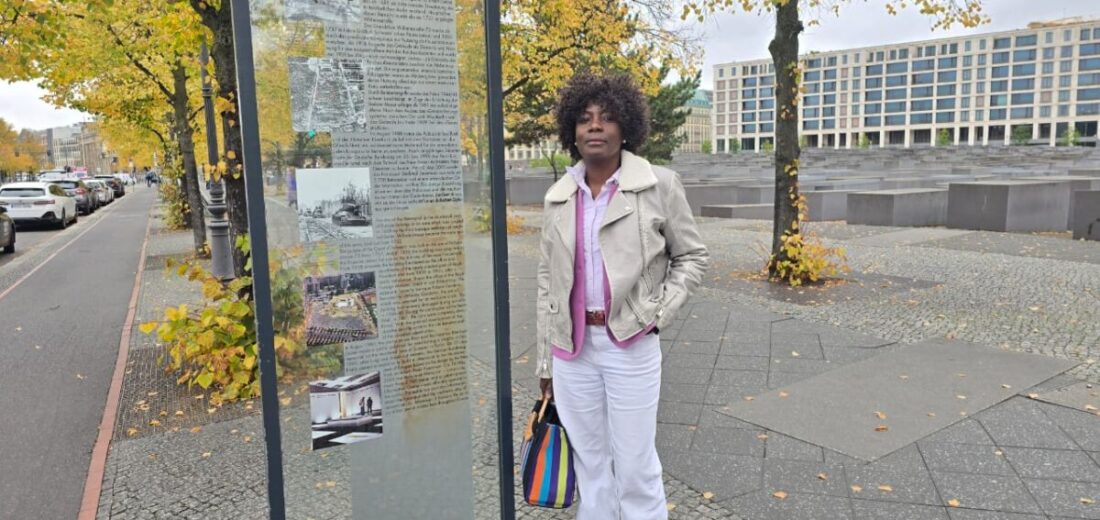
Fluent in the Language of Struggle
For more than two decades, Eleonora Bungert, a Ghanaian Foreign Service Officer in Berlin, has navigated the complex intersections of identity, policy, and migrant experience. Her work has holistically shaped the lives of migrants struggling through German bureaucracy, families attempting to rebuild stability, and young people in Ghana searching for opportunity. Her impact is grounded in the lives she helps steady.
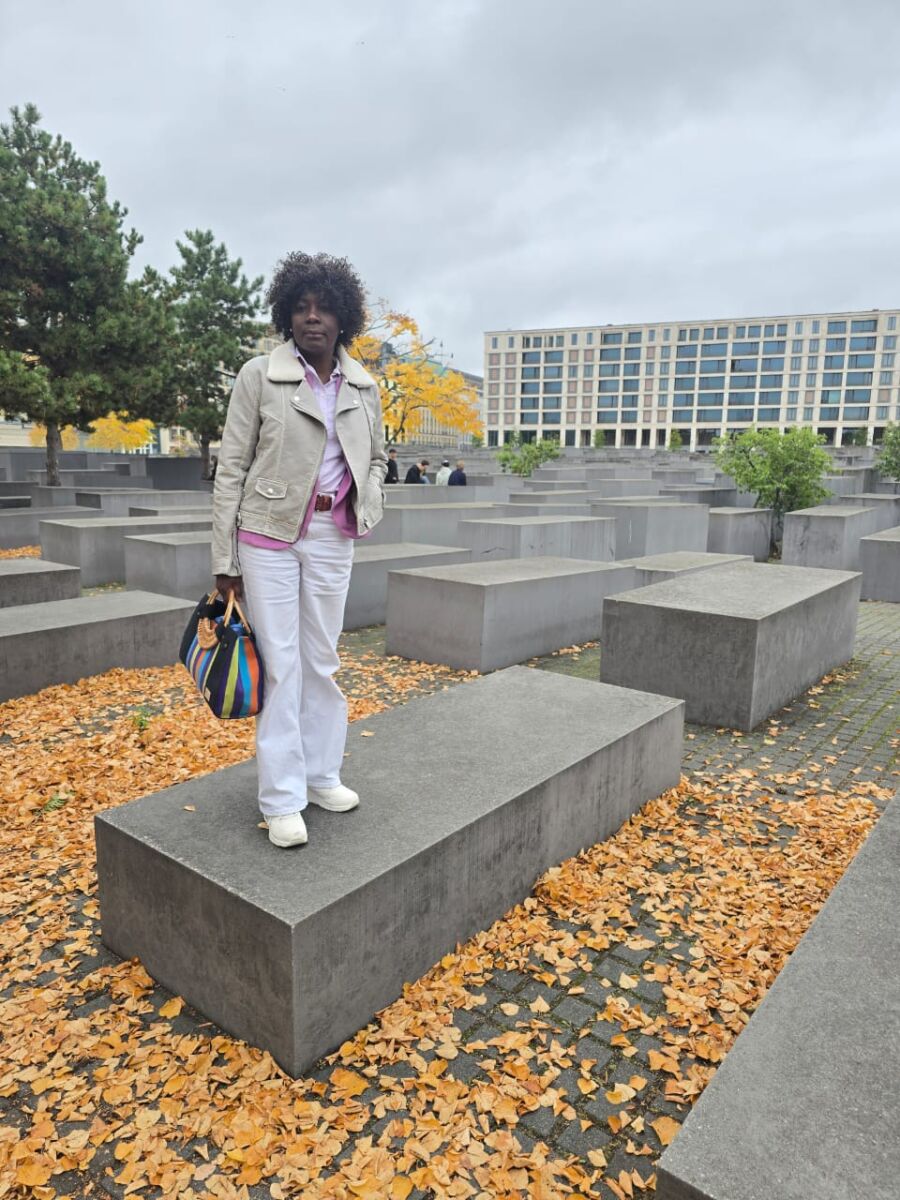 Eleonora Bungert Foreign Service Officer in Berlin
Eleonora Bungert Foreign Service Officer in Berlin
Formative Lessons from Bolgatanga
Eleonora was born in Bolgatanga in Ghana’s Upper East Region, a place she describes with a conviction that borders on reverence: “Bolga is a country of its own.”
Her upbringing there was both challenging yet it offered valuable lessons. In an environment defined by hard labor, heat and communal interdependence, she internalized a discipline that taught her to confront difficulty head-on rather than negotiate with it. Survival required creativity and progress demanded intentionality. That mindset accompanied her to Germany. When she arrived in a country where she had neither cultural foothold nor linguistic bearings, yet she approached the unfamiliar terrain with the clarity of someone who understood that silence and confusion could not afford her progress.
“I was determined to learn the language. I spent two years in school learning German. I made up my mind that I did not come here to walk the streets looking for papers,” she recalls.
For Eleonora, mastering the German language was a strategic decision. It opened institutional doors, dismantled vulnerability, and protected her from becoming invisible in a system that often overwhelms migrants.
That clarity guided her next steps. She applied widely for employment across embassies. Both the Kenyan and Ghanaian embassies interviewed her, but she accepted the position with Ghana’s mission since “it felt like being at home,” she explains.
In truth, the acceptance to work as a diplomat for Ghana extended beyond the boundaries of home, it was responsibility. Working for her nation in a foreign environment allowed her to become what she instinctively understood herself to be: a liaison between cultures, a translator of systems, and an advocate for those who lacked the privilege of understanding them.
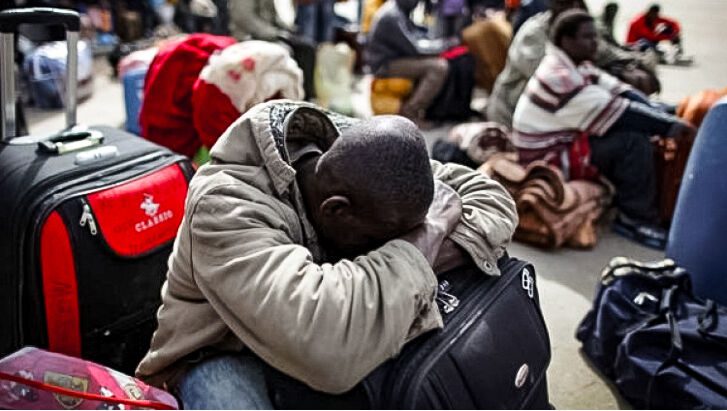
A Bridge Between Worlds
Over the years, Eleonora learned that the greatest barrier inhibiting Ghanaian migrants in Germany is not ambition but comprehension. Most new arrivals enter the country unable to read the letters that dictate the trajectory of their residency, livelihood, and future.
“Many times, people bring letters from German authorities and have no idea what they mean. Sometimes it’s just a simple requirement they could easily fulfil,” she explains.
These encounters reflect a recurring pattern: language determines access and access determines survival.
Eleonora’s role officially demands administrative assistance, but in practice, she extends well beyond that. She has become an interpreter of fear, guiding people through unfamiliar laws and cold bureaucratic structures. Her colleagues often call her “the engine behind resolved crises” a testament to the steady interventions that prevent ordinary administrative issues from escalating into life-altering problems.
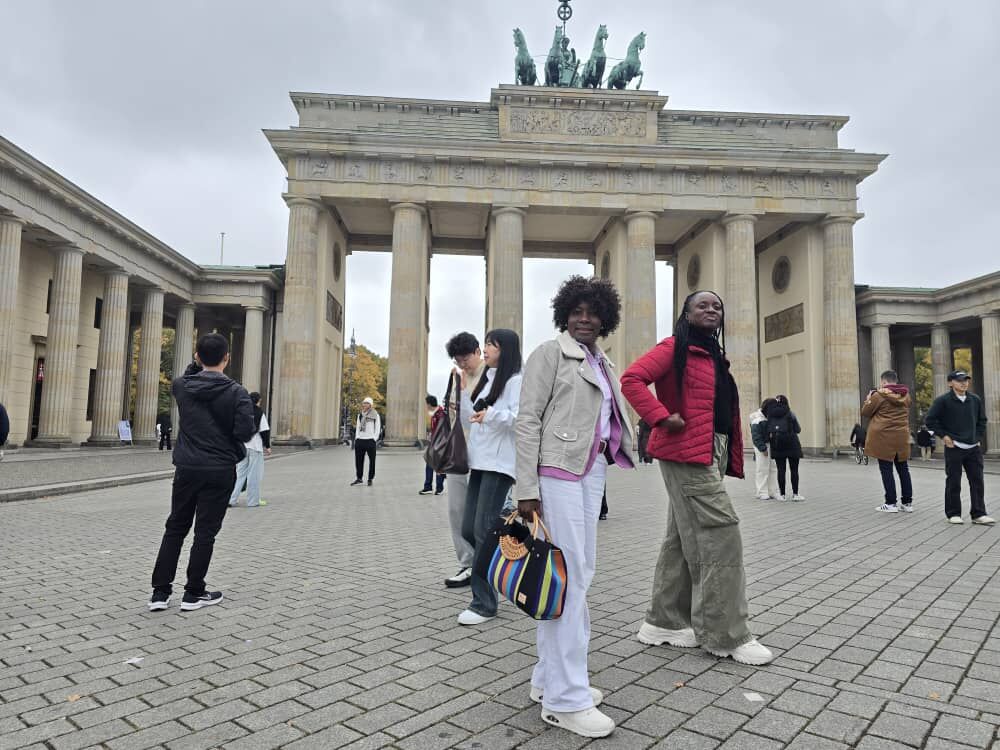
Reimagining Opportunity for Ghanaian Youth
Eleonora’s work in Berlin has sharpened her sensitivity to the challenges Ghanaian youth face at home. The spark came from the German youth centers where she spent time observing how local communities in Germany create environments for teenagers to explore talents, express themselves, and access structured support.
“When you go to the youth centers here, you see a lot of talent,” she says.
Instead of being impressed and moving on, she asked a reflective question:
What would happen if Ghanaian youth had similar access?
Visits back to Bolgatanga and the Volta Region confirmed her suspicion, Ghana’s young people held the same raw potential, but lacked structured spaces to nurture it. Their ideas remained solitary, their talents unnoticed, and aspirations unsupported. This realization compelled her into action.
“This motivated me. I interact with the youth a lot and I see talents. That is why I am building a community center where young people can grow, create, and dream without apology,” she reveals.
Her goal is not merely infrastructure. She envisions workshops, mentorship programs, vocational skills training, and creative development initiatives, this ecosystem will allow young people to transition from potential to purpose.
It is her most personal project yet: a way of reshaping the opportunities she never had access to, and a strategic investment in the next generation.
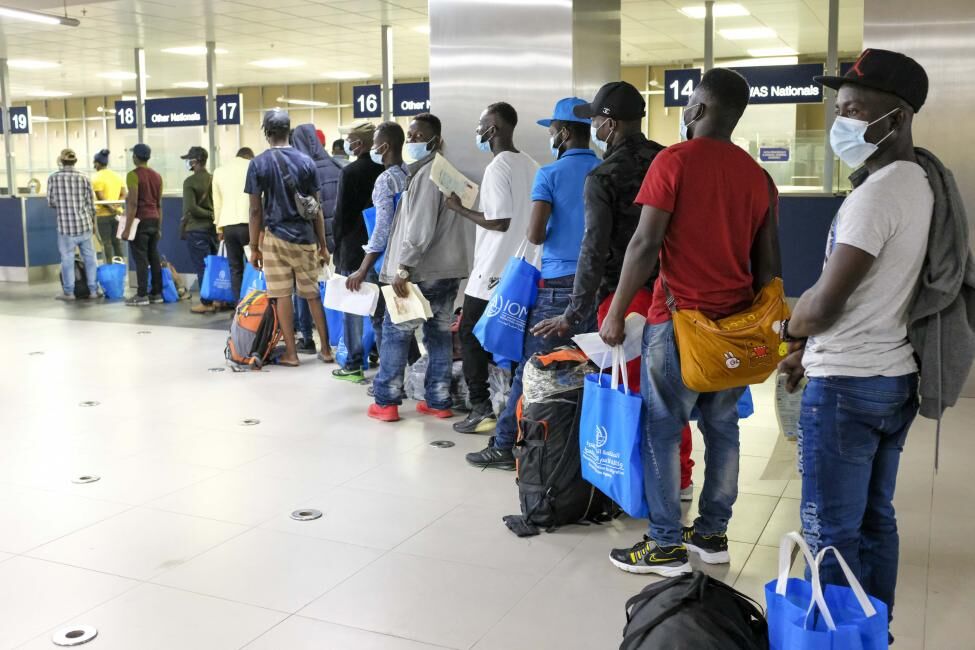
A Vision for Sustainable Tourism in Ghana
Eleonora’s trajectory is a series of intentional decisions, each one balancing her identity as a Ghanaian woman, a migrant, a mother, and a diplomat. She shares her vision for Ghana’s tourism sector arising from an intimate understanding of how countries transform once they recognize the value they already hold. She constantly measures the structured efficiency she witnesses in Germany against the immense cultural wealth she knows Ghana possesses yet underutilizes.
“I mean, this is Germany, and they turn everything into money,” she remarks, pointing to a system that extracts value from even the smallest traditions. For her, the lesson is clear: Ghana’s cultural depth is not just heritage; it is an economic asset waiting for strategic attention. “In Ghana we have a rich culture; it’s not only about December,” she insists, challenging the popular idea that the nation’s vibrancy peaks only during the festive season.
To Eleonora, tourism holds the power to operate throughout the year, stimulate community growth, and create tangible opportunities for young people across regions. Her belief in collective effort is unwavering. “If everybody comes to Ghana and helps in a way, I’m sure we can build a lot for the youth,” she says.
Tourism, in her view, should not be measured solely through visitor statistics. Its true value emerges from the imprint it leaves on people and places. “When the dancers of December are gone, they leave the impact. Tourism is coming, paying, and leaving something the city can build upon, and I can say that I’m hungry to help in this way.”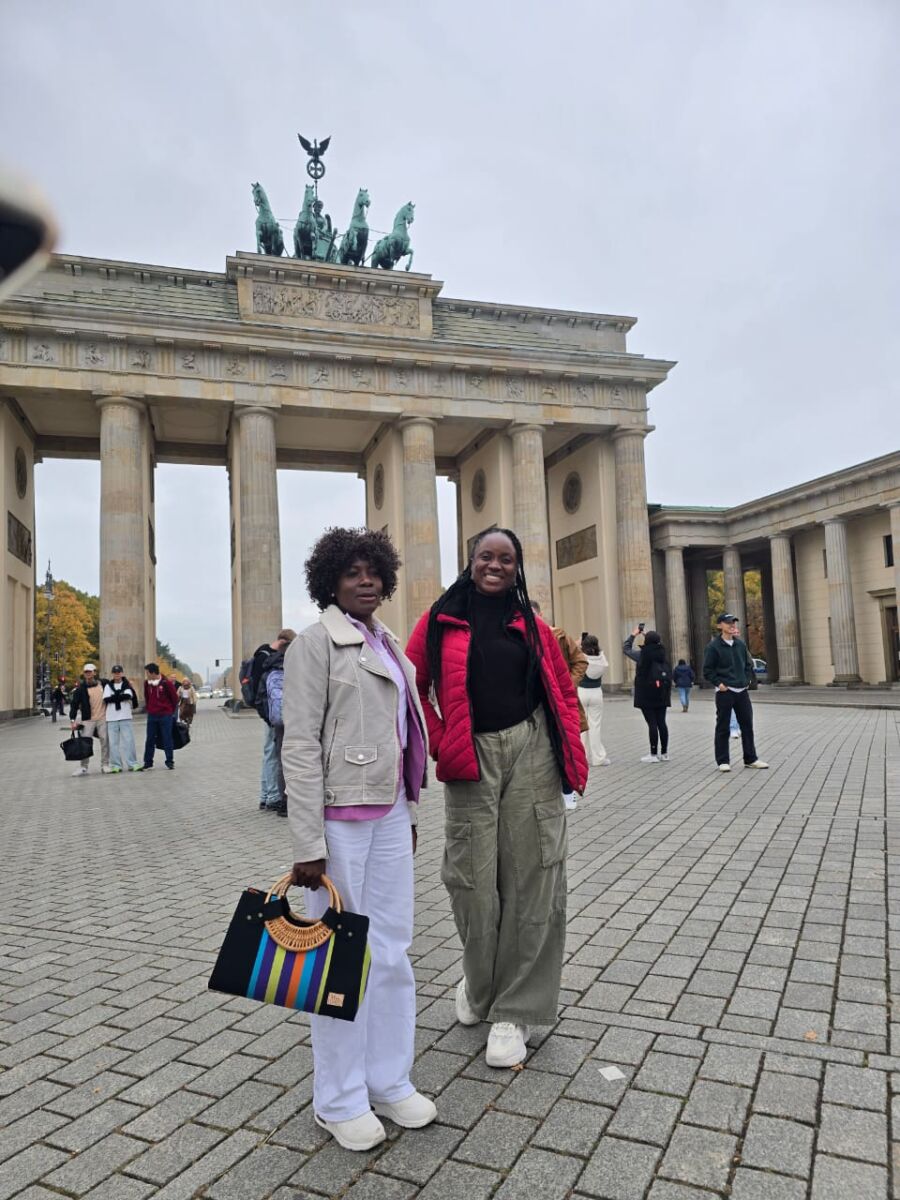
A Legacy of Service
Eleonora continues to build a legacy of service, commitment, and empathy whiles bridging continents, generations, and cultures. Her blueprint urges others to rise above limitations and never to dwell on the inadequacies that surround them, but to transform those gaps into catalysts for growth. Through her example, she invites young people and migrants alike to treat adversity as a forge for discipline and purpose, nurturing their ambitions with intention and courage.
Editor: Elizabeth Bonney

Leave a Reply